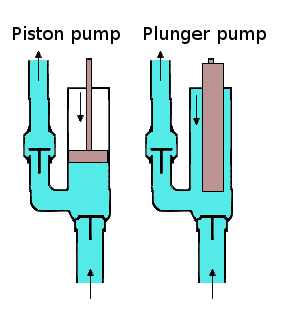
Predictions for how the next 15 years are going to change how children learn, at school and at home.
During the past 40 years, accounting for inflation, we have nearly tripled the amount of money we spend per student in public K-12 education. It was roughly $4,000 in 1971, and last year amounted to $11,000 per student. Over that same period time, our students’ math and verbal test scores have remained unchanged. I am no Warren Buffett, but I can comfortably say to you that that is a lousy return on investment.
In an increasingly competitive world, it is clear that our education system–as currently designed–isn’t sustainable. Simply throwing more money at a system that produces the same results is, well, not smart. Yet, I’m optimistic about our K-12 schools.
In a perverse way, I believe federal and state budget cuts will help focus us on doing things differently and more efficiently. And while I don’t wish an underfunded and failing school on anyone, necessity is the mother of innovation. That is why I am optimistic about the ed tech revolution that is quietly happening in the background of all the political rhetoric about unions, teacher evaluations, and test scores.
Similar to the consumer tech revolution, this ed tech revolution will take some time and happen unevenly in waves. It will occur both at school and at home. And while the blogosphere is littered with the pages of people incorrectly predicting the future of technology use, I still think it a worthwhile thought experiment to project how this revolution may play out. Here is how I think it might happen:
FIRST WAVE (0 TO 5 YEARS FROM NOW): A CHANGE IN PERCEPTION
At School: In spite of all the media coverage about seniority-based firing decisions, the teaching work force is actually getting younger. According to National Center for Education Information, a full 30% of public teachers are now under the age of 30. This percentage has doubled over the last five years. Why does this matter? Every teacher under 30 years old entered secondary school after Netscape. Like pre and post-TV generations, the pre- and post-Netscape generations think and act differently. They assume that the web is a part of their daily lives and integrate it into their daily routines without giving it much of a thought.
This first phase of the revolution will see teachers become more efficient in their jobs by adopting web-based tools. While teaching can be a very rewarding profession, it can also be grueling. Teachers are asked to do things that take more hours than there are in a day. Much of what they are being asked to do is clerical work that can be automated away with good software tools. Ed tech startup companies are stepping in to supply this set of productivity tools.
via FastCoExist – Tim Brady
The Latest Streaming News: Ed Tech Revolution updated minute-by-minute
Bookmark this page and come back often
Latest NEWS
Latest VIDEO








